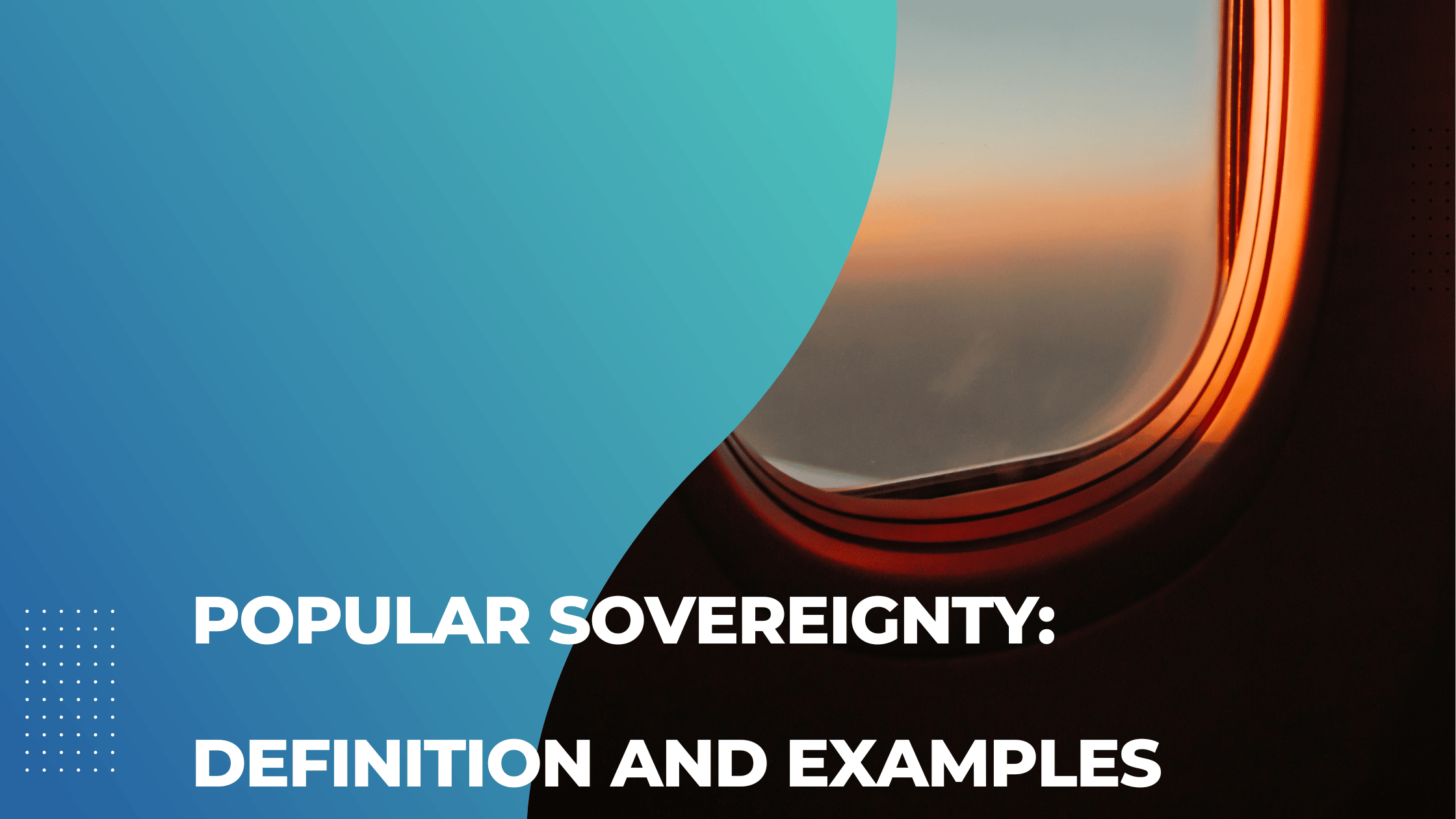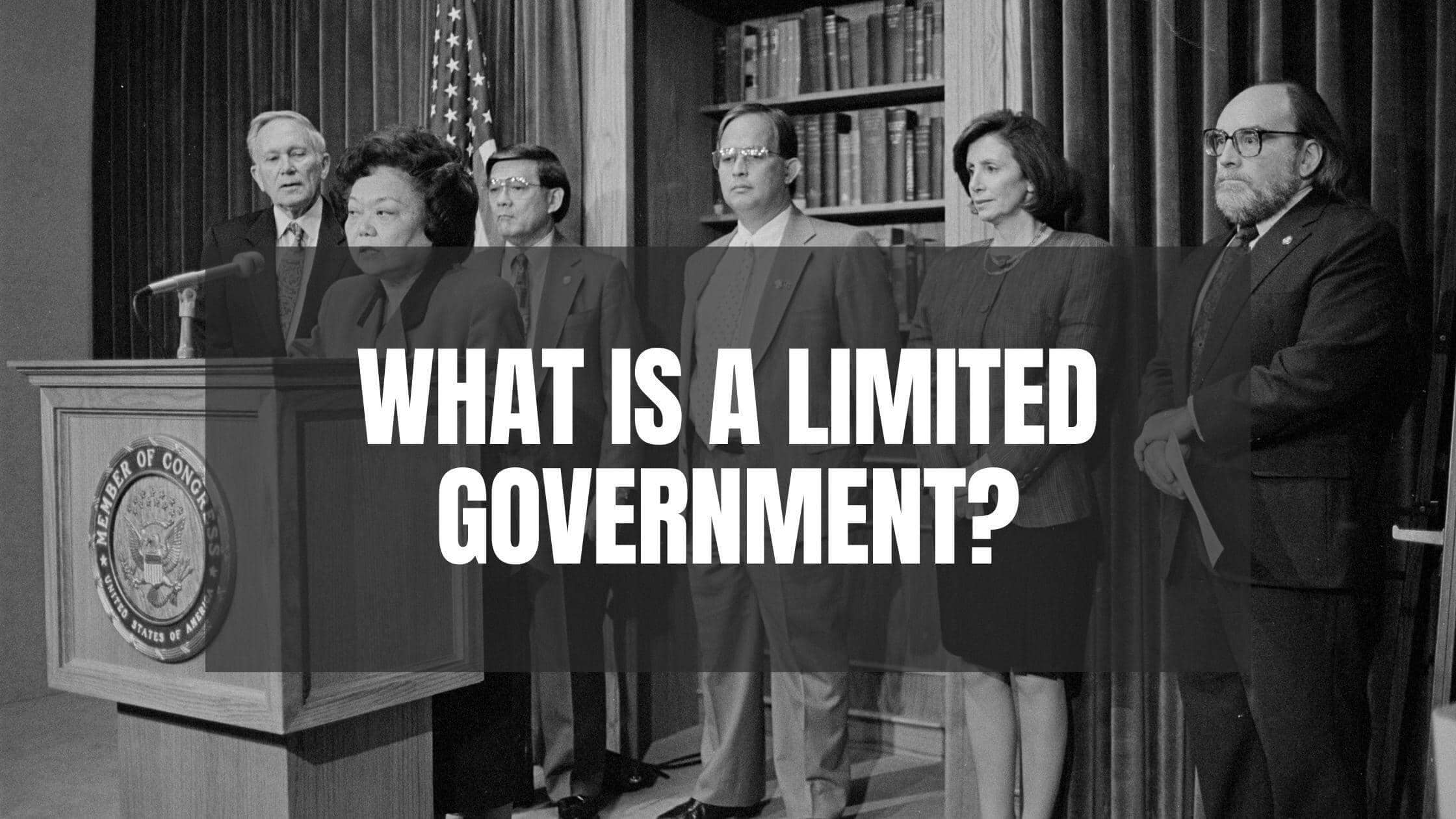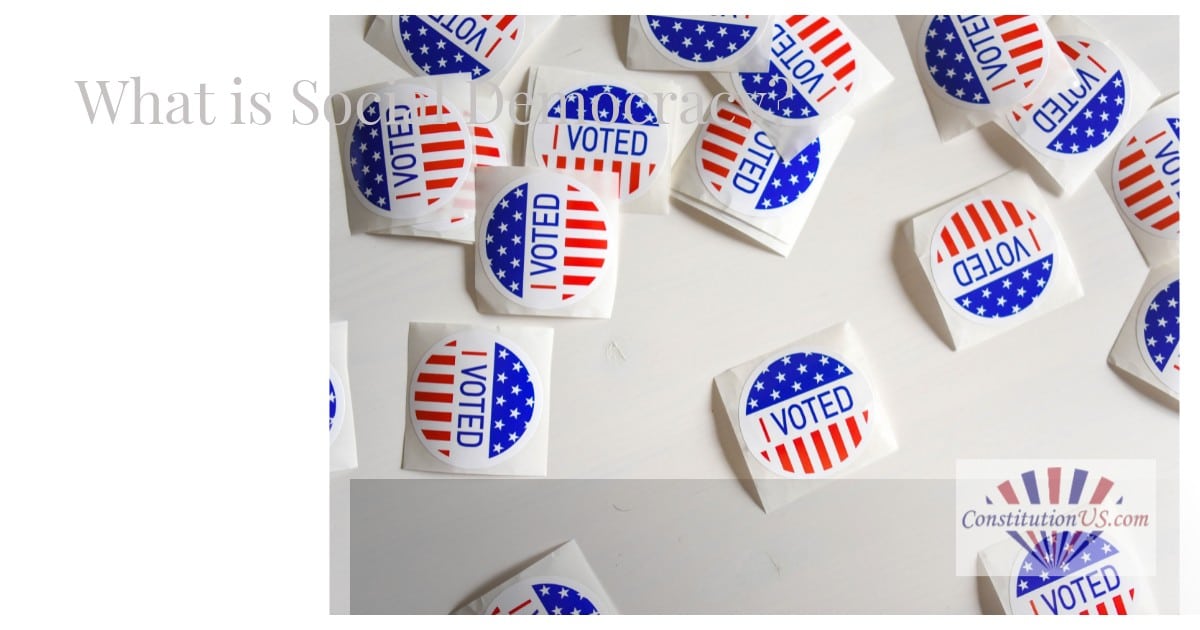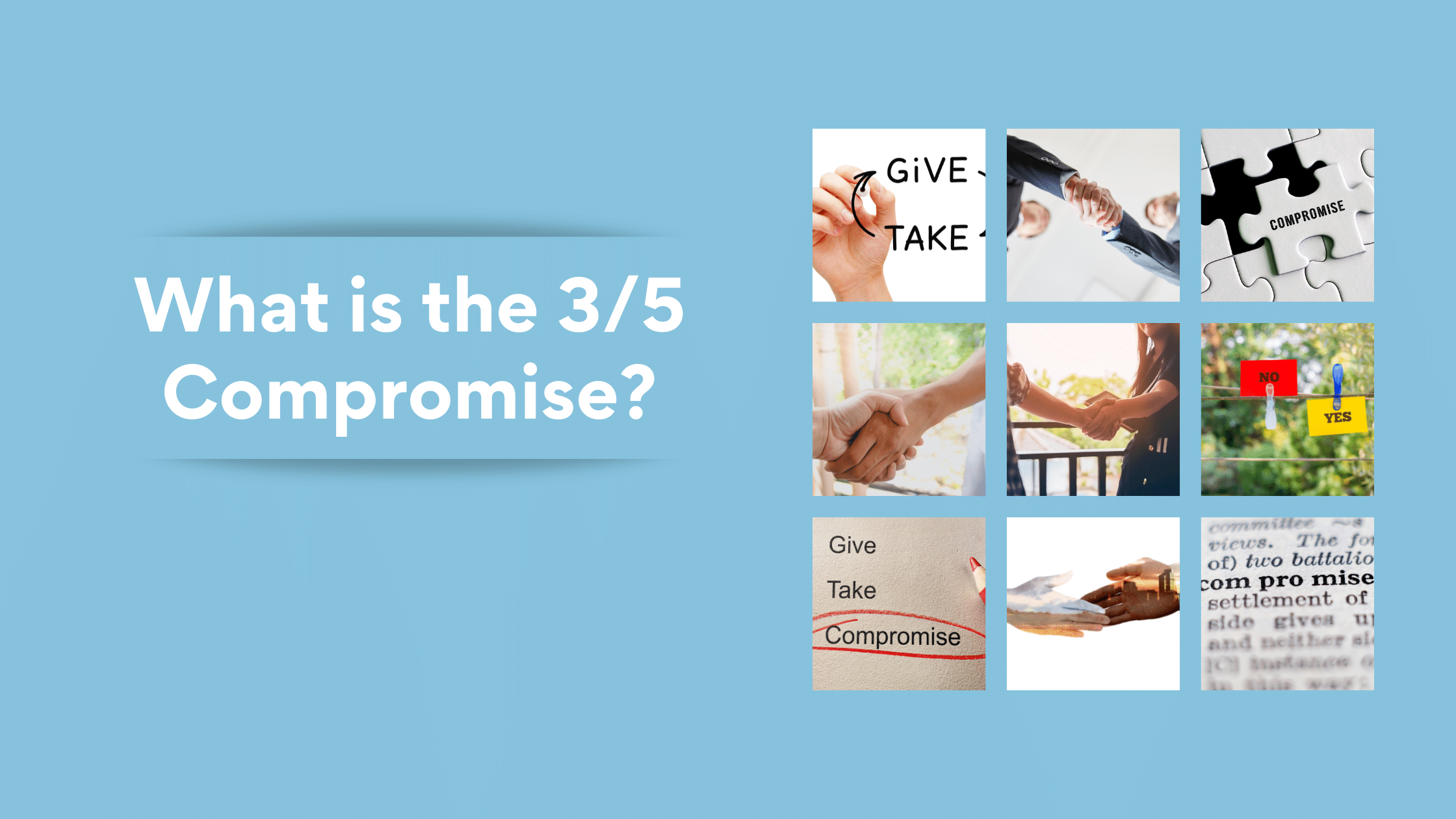Table of Contents
ToggleWhat Does Sovereignty Mean?
Popular Sovereignty is a concept in political theory that refers to having supreme authority over one’s land or country, with recognition from other world powers and international bodies.
The popular sovereignty definition is similar to the idea of self-determination. People should have a say over what happens in their territory. It is the authority to govern and draw up laws and rules for a country.
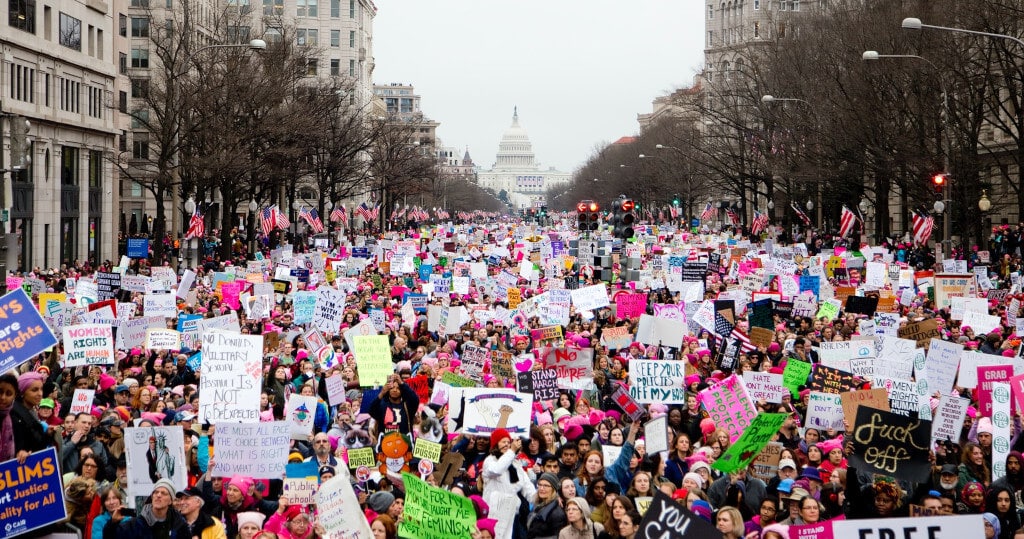
The idea of sovereignty can be traced back to when people were seen as having natural rights that could not be taken away by any other person or institution (including the government).
It was believed that all citizens should have control over their own lives, free from outside interference. Sovereignty was also used to define the relationship between a government and its citizens. For people to have self-determination, they must have sovereignty over themselves.
Why Is Sovereignty Important?
Sovereignty is the foundation of any state. In a democratic society such as the United States, it can be confusing to figure out who exactly holds sovereignty.
We have individual rights founded on the idea that we are all sovereign individuals and that we rule ourselves.
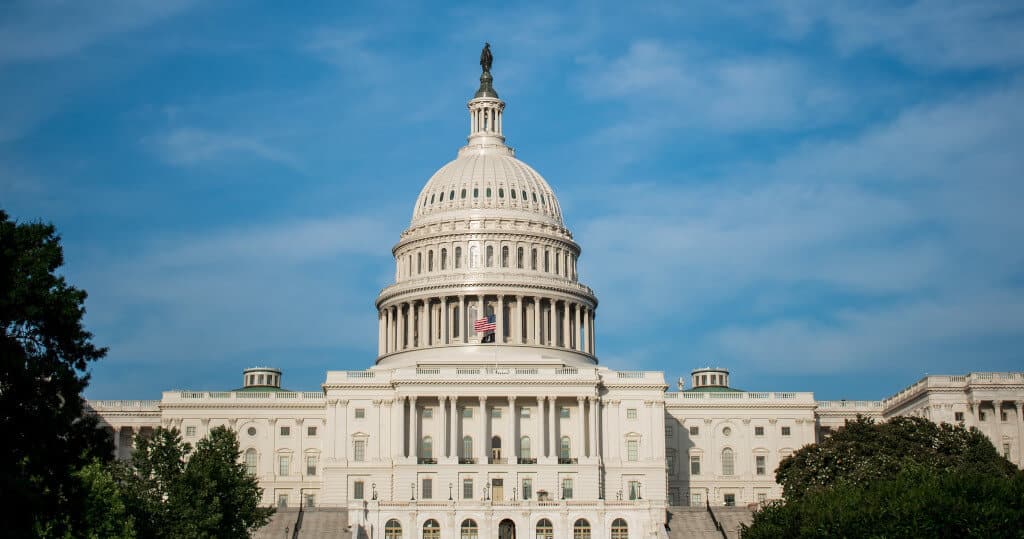
Individuals do not have sovereignty, but states or nations do.
If you want to know who has power in any particular situation, all you need to ask is the following: ‘Who rules?’
Sovereignty also comes into play when wars are fought, treaties are signed, and Parliament or Congress passes laws.
Each sovereign government is bound by those agreements. Each government has decided to limit its power and the power of its successors. Sovereignty works like a contract between states, and as long as that agreement is adhered to, it limits everyone equally.
Sovereignty can also come into play at home during elections, where candidates may campaign to take power from the government or even give more power to individuals, thereby reducing state sovereignty.
What Is the Definition of Popular Sovereignty?
Popular sovereignty can be defined as the doctrine that all people have a right to participate in government.
This would mean that the power of government comes from “the consent of the governed.”

The idea of popular sovereignty was first introduced by Thomas Paine, an English-American writer and revolutionary who called for universal suffrage.
He believed this participation would lead to better decision-making because it includes more voices in political discussions.
Popular sovereignty was used in the French Revolution, which helped establish democracy.
The Declaration of the Rights of Man and of the Citizen outlined that all men are born free and equal with certain natural rights, including liberty, property, security, and resistance against oppression.
It also asserted that political authority is only legitimate when exercised with consent from the people.
Popular Sovereignty in the Constitution
Today, popular sovereignty is contained in Article One of the United States Constitution, which states that “the people” are the source of political power and legitimacy.

Abraham Lincoln used the idea of popular sovereignty to justify abolition. He argued that since all men have a right to liberty regardless of race or color, slavery should be abolished because it violates people’s rights.
Early History of Popular Sovereignty
The earliest example of popular sovereignty was in ancient Athens. All male citizens were allowed to participate in the political process, including voting on legislation and running for office.
However, since women were not considered full citizens, they could not vote or hold public office. This also meant that slaves had no rights because they were viewed as property rather than people.
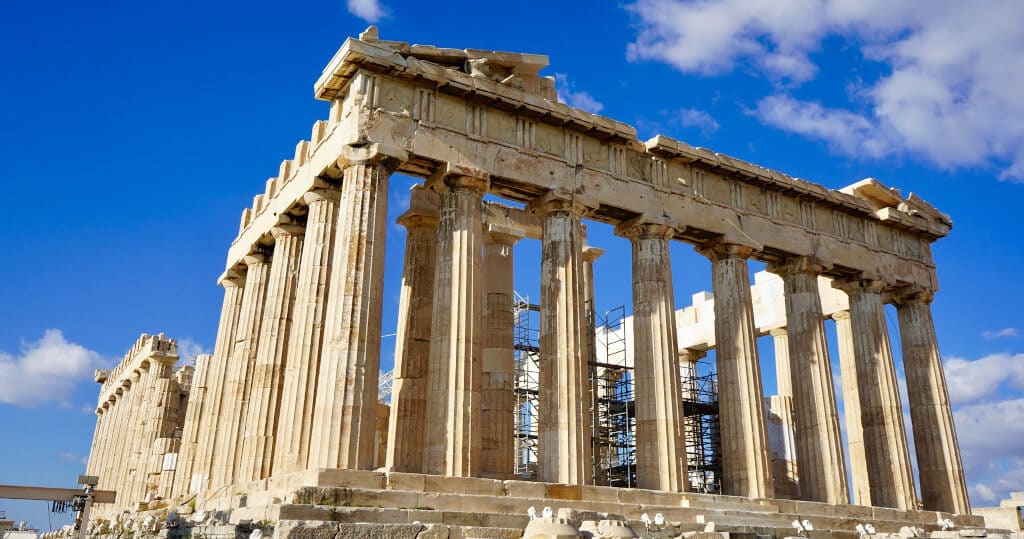
The idea of popular sovereignty can be traced to ancient Greece, where it was first used under Athenian democracy in 553 BC. In Athens, all male citizens could participate in government by running for office and voting on legislation because they believed every citizen knew what was best for them and their community.
However, a minority of the population was involved in politics because Greek democracy excluded women, foreigners, and slaves.
Popular Sovereignty Today
Today, popular sovereignty is also used in many countries around the world where citizens vote for members who represent them either at the local level, like city councilors and mayors, or on a state or national level, like members of the United States Senate and House Representatives.
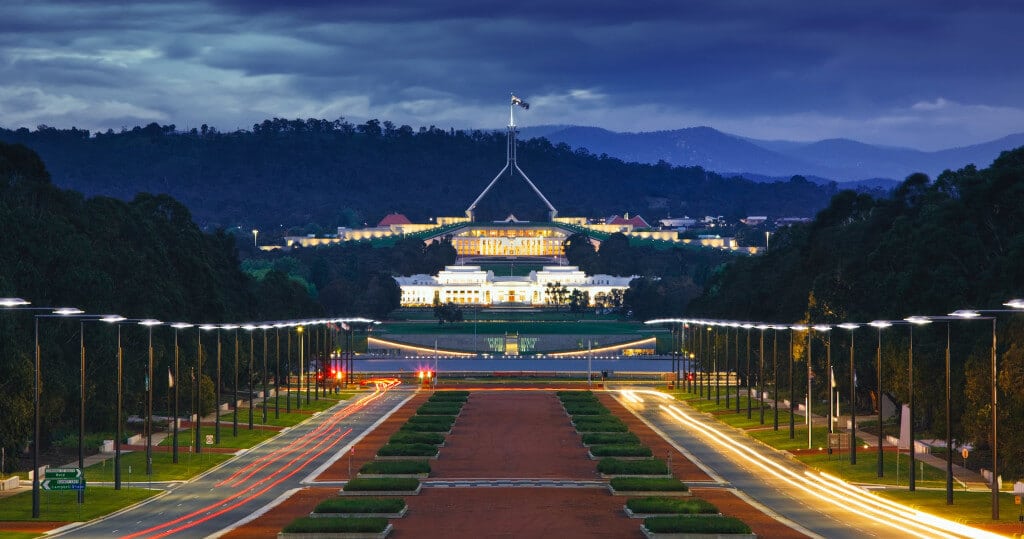
Many countries worldwide have democratic forms of government where all men have a right to participate in government. This includes Australia, Bangladesh, Brazil, and New Zealand. Those who qualify as citizens under the law can also vote.
There are some exceptions, such as Switzerland, which has one of the strictest citizenship requirements in the world.
It is estimated that it takes between 12 and 18 years of continuous residence before individuals are eligible for citizenship. However, right-wing political groups have recently been pressured to make it even harder by raising the average residency period to 25 years.
How Has Popular Sovereignty Been Used?
Popular sovereignty is a phrase that gets thrown around when elections come up. However, not everyone knows the idea’s meaning or where it came from.
When it comes to elections, if most people vote for specific candidates or initiatives, those results are said to be according to popular sovereignty.
This means that something is legal and valid because many citizens support it and vote for it.
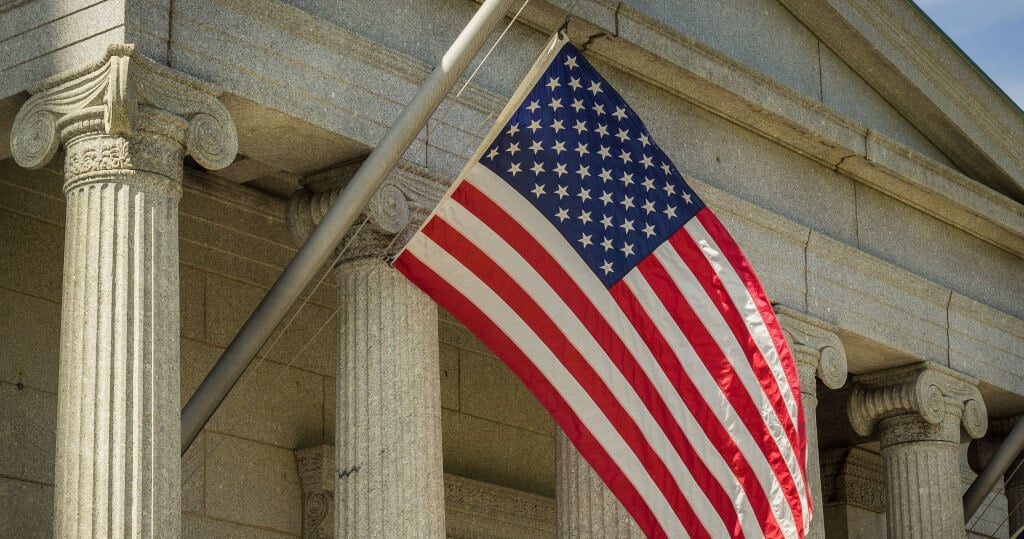
The idea behind popular sovereignty has been used in many different places throughout history. The United States, France, and Haiti are some of the most notable.
In many countries, all men have a right to participate in government by voting for elected officials, running for office, serving on juries, etc. This is because it has been believed that involving more people brings better decisions that can be made about how taxes should be spent and what laws should be passed.
The phrase “consent of the governed” was popularized by John Locke, an English philosopher who believed that the government’s power comes from people consenting to be ruled.

Get Smarter on US News, History, and the Constitution
Join the thousands of fellow patriots who rely on our 5-minute newsletter to stay informed on the key events and trends that shaped our nation's past and continue to shape its present.
This idea influenced America’s founding fathers, who used these principles as a basis on which to build the United States Constitution. The phrase was again popularized by political scientist Abraham Lincoln, who stated, “We here are agreed that the government rests upon consent.”
How Does Popular Sovereignty Work in the United States?
In the United States, popular sovereignty is used in all 50 states. This means that every state constitution and law must adhere to this principle of democracy, meaning no restrictions on voting and complete political equality for all citizens (including women and people of color).
The only exceptions are age restrictions: In most cases, American citizens cannot vote until they turn 18.
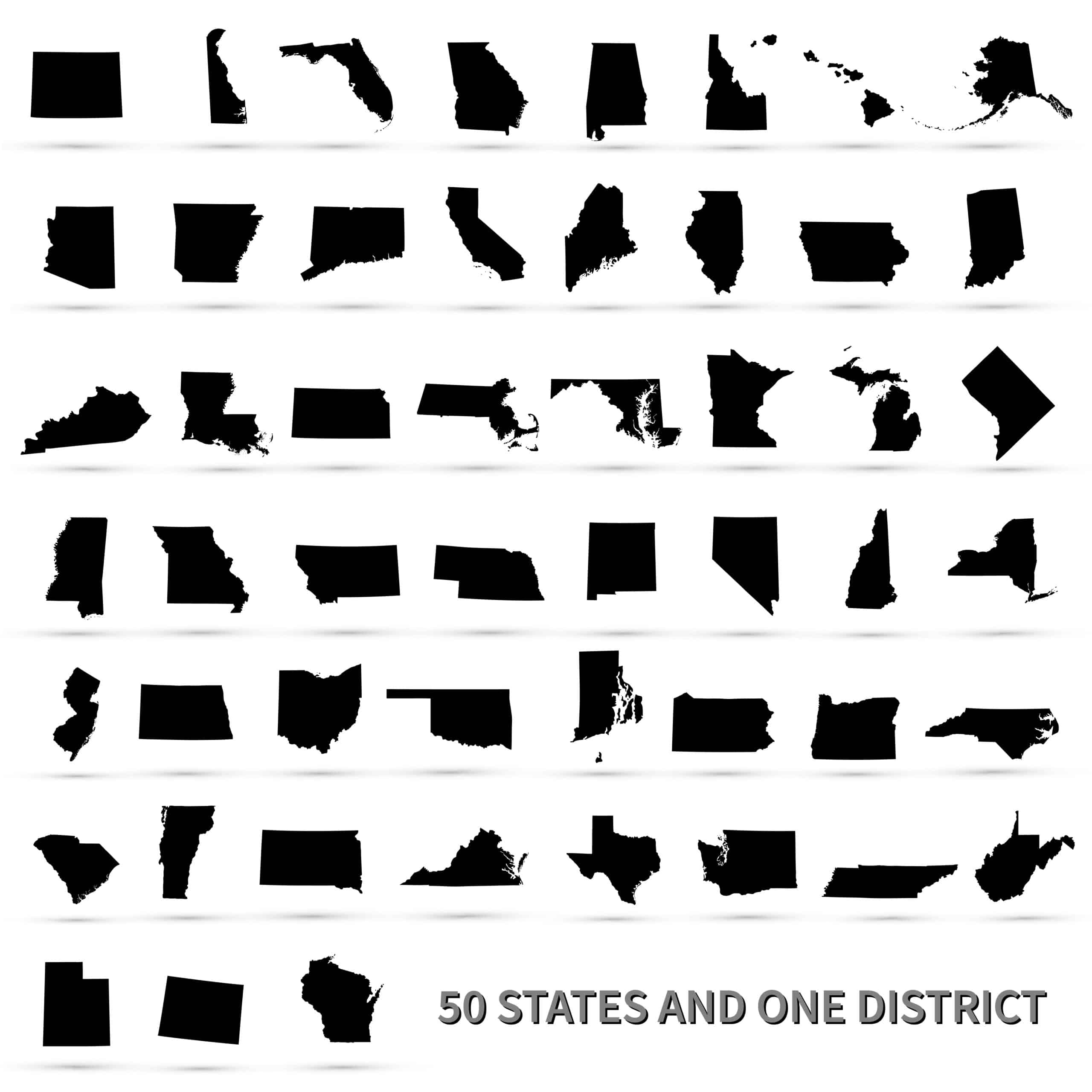
The first official use of popular sovereignty can be traced back to the Northwest Ordinance, passed in 1787 by the First Federal Congress under Article VI of the U.S. Constitution (which established that all new states would enter as equals into the Union).
This ordinance set out a plan for the land west of Pennsylvania and north of the Ohio River, which would be divided into territories that could eventually become states. The law mandated that these new regions have constitutions, but they had to include specific features.
Each state constitution must provide for popular elections of representatives and direct election of senators; it cannot discriminate based on race or sex; all citizens are equal before the law.
The Beginning of Popular Sovereignty
The Northwest Ordinance of 1787 was the beginning, but it wasn’t until after World War I that popular sovereignty became more widely used.
During this period, many women’s suffrage groups demanded voting rights for their members and lobbied state legislatures to pass laws granting them access to the polls.
These groups saw federal constitutional change as too slow and turned to state constitutions as a more viable option.
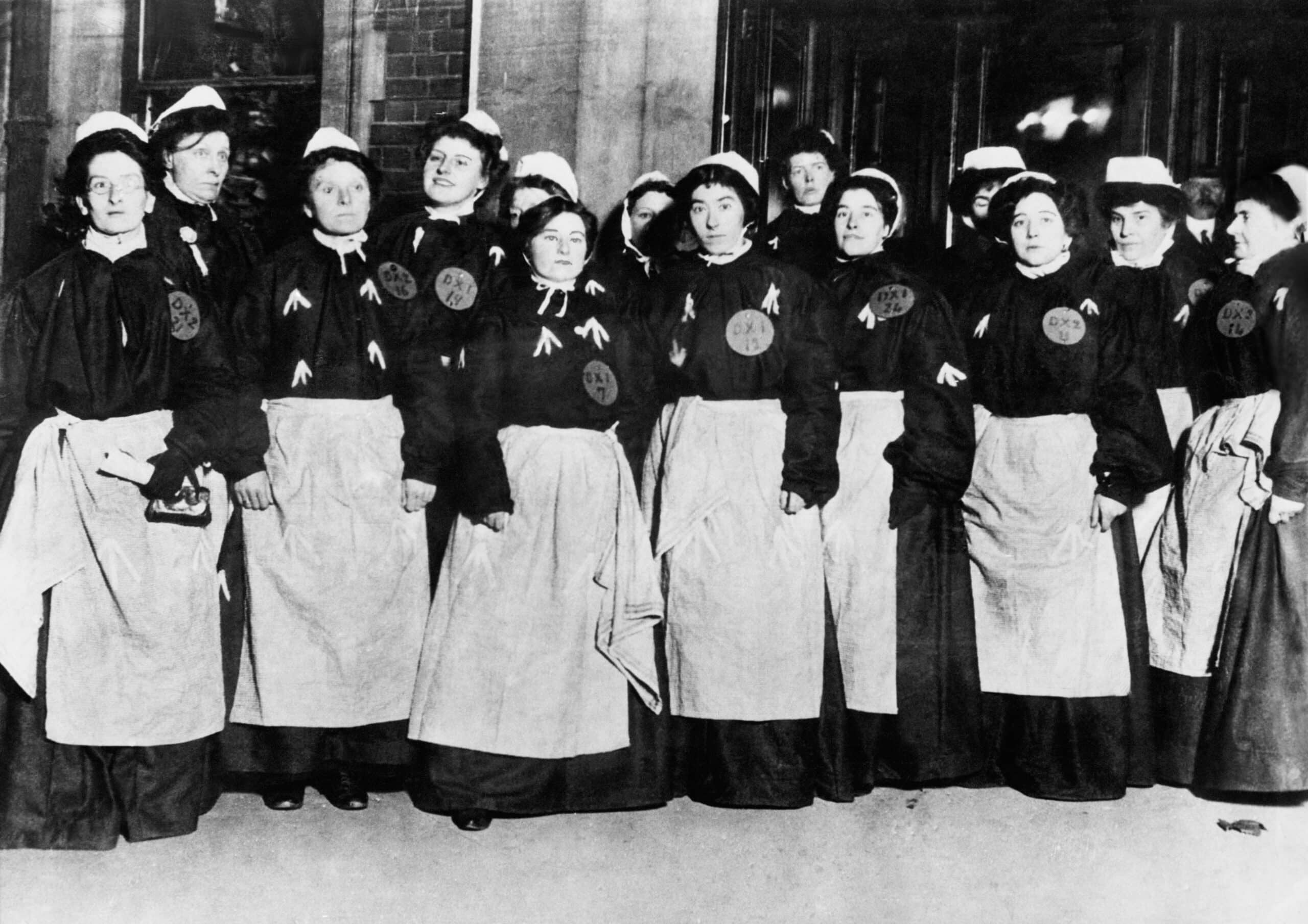
This strategy worked, and many states soon altered their governing documents to include the right for women to vote in public elections.
This was popular sovereignty applied directly instead of waiting for changes at the federal level. These groups took matters into their own hands by pushing for constitutional change in their states.
These are the main points to know about popular sovereignty in the United States.
- It is a crucial principle of democracy that ensures all citizens have equal rights and protections under the law.
- Some restrictions on voting may exist depending on state law.
- Although many groups have successfully used this tool, federal constitutional change tends to take longer than state-level change.
When Did America Gain Its Sovereignty?
Sovereignty has been a longstanding concept in American politics, dating back to the Declaration of Independence. In this document, Thomas Jefferson wrote that the people have a right to overthrow their government if it fails to protect their God-given rights.
He also stated, “Governments are instituted among Men, deriving their just powers from the consent of the governed.” This phrase was later declared as a hypothesis for all democratic governments in America by President Abraham Lincoln.
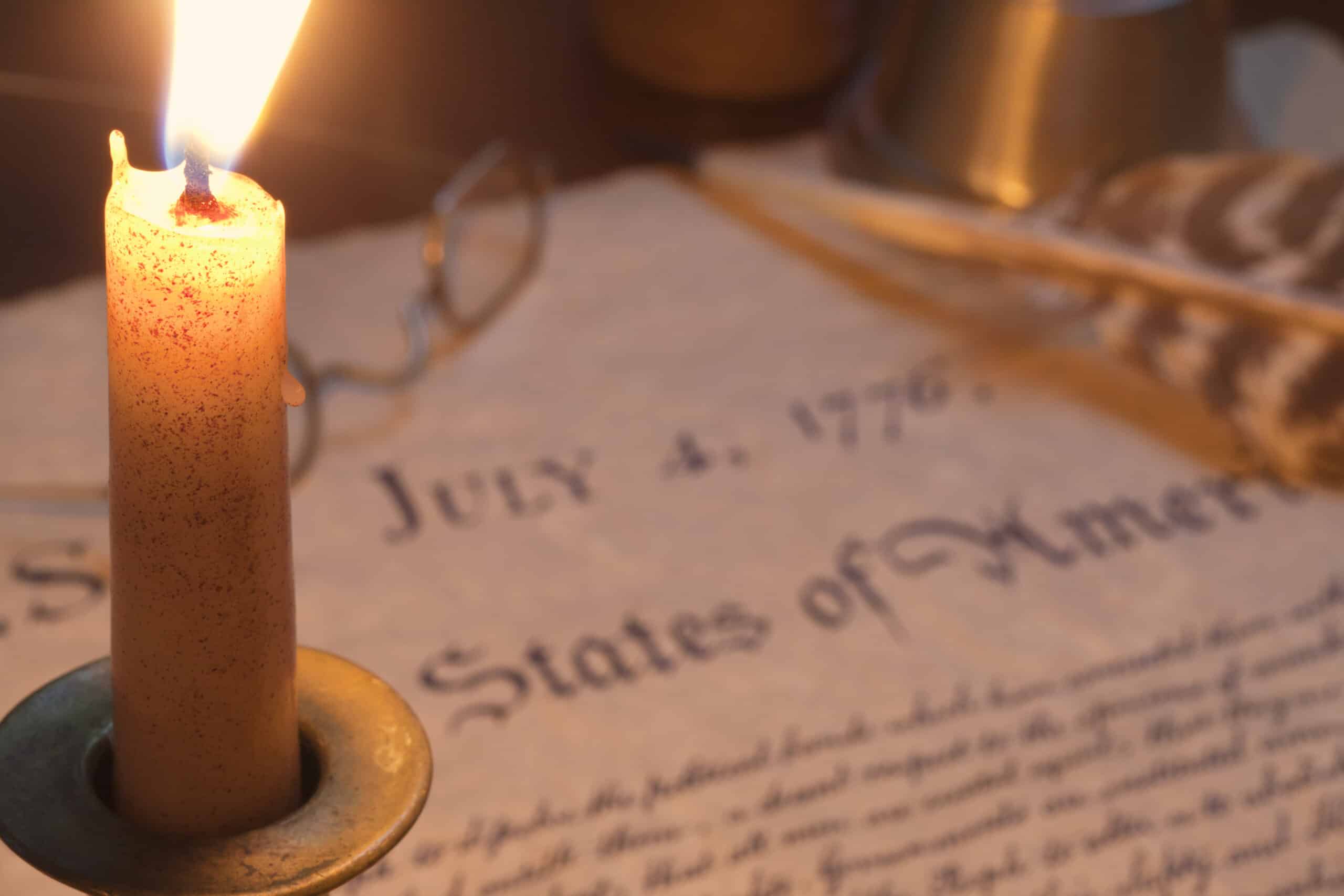
As we can see, popular sovereignty is an essential concept in America’s history and still carries major significance today. Many people rely on their democracy to be the citizens’ voice.
Still, there are disagreements over how much power should be given to everyday people versus those with more experience or knowledge about specific issues. This tension has sparked many movements and debates over balancing direct and representative democracy.
What Does This Mean for International Relations?
Although this concept is rooted in American history, the implications are felt worldwide. The U.S.’s status as a global superpower makes it an influential model for democracy across the globe.
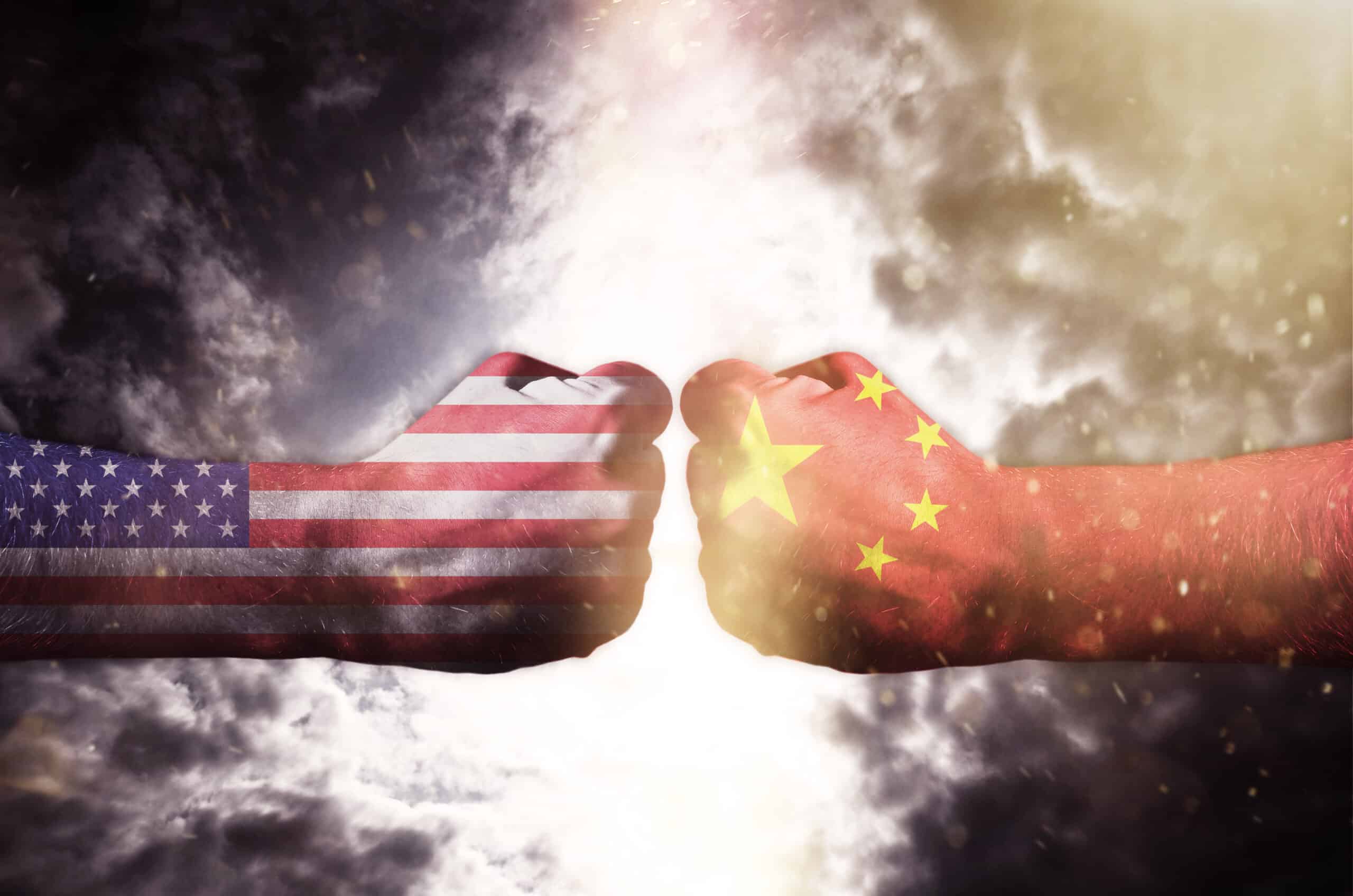
Many emerging democracies look to America’s example of popular sovereignty when writing their constitutions and laws governing political systems. As such, changes made at home can have long-lasting effects in other countries.
What Are Some Misconceptions of Popular Sovereignty?
Popular Sovereignty is a very difficult concept to grasp. Many people have misconceptions about the idea, so someone must clarify what popular sovereignty means and how it works in practice.
Here are some common myths associated with popular sovereignty:
- Some people think being sovereign means being free from all laws or restrictions.
- Many people also believe each person has the final say in any situation. This isn’t true because you might not have all the information to make a fully informed decision, or other individuals can be coerced into making certain decisions against their will.
- People often think popular sovereignty means having no central authority – this is incorrect because there are always leaders who make decisions for the people.
What Are Some Examples of Sovereign States?
The United States, Canada, and Mexico are all examples of countries that have adopted a system of popular sovereignty.
In the U.S., people vote for representatives who make decisions on their behalf in Congress, while citizens themselves vote directly on laws through initiatives or referendums at the state level.
Canada operates in much the same way, except its Parliament consists of elected representatives and unelected officials known as Senators.
Mexico has a similar system to Canada, where people vote for their leaders at the national level, while the states also hold elections for governors who work with state legislatures.
Do We Still Live in a Popular Sovereignty System?
Today, many countries have adopted systems of representative democracy in which people vote for officials they believe will make decisions in their best interest.
Some countries also have plans of direct democracy, where the people vote on laws themselves instead of electing representatives to do it for them.
Still, others use both forms, like consensus-based decision-making, which includes everyone’s opinions before taking action.
Popular Sovereignty Lesson Plan:
We have created a PDF of a Popular Sovereignty Lesson Plan for you. The PDF is both downloadable and printable.
